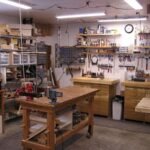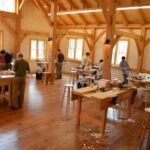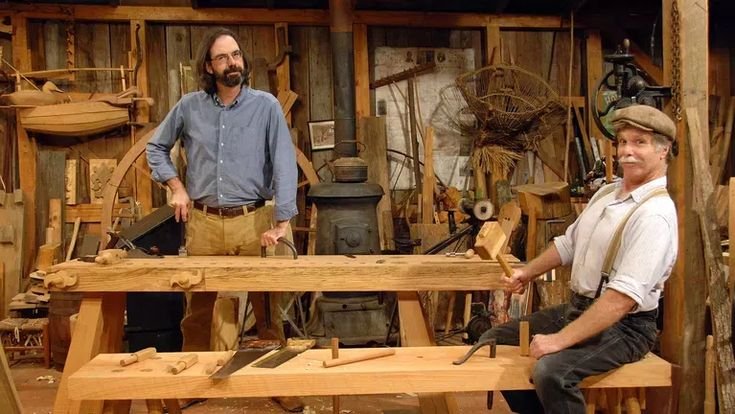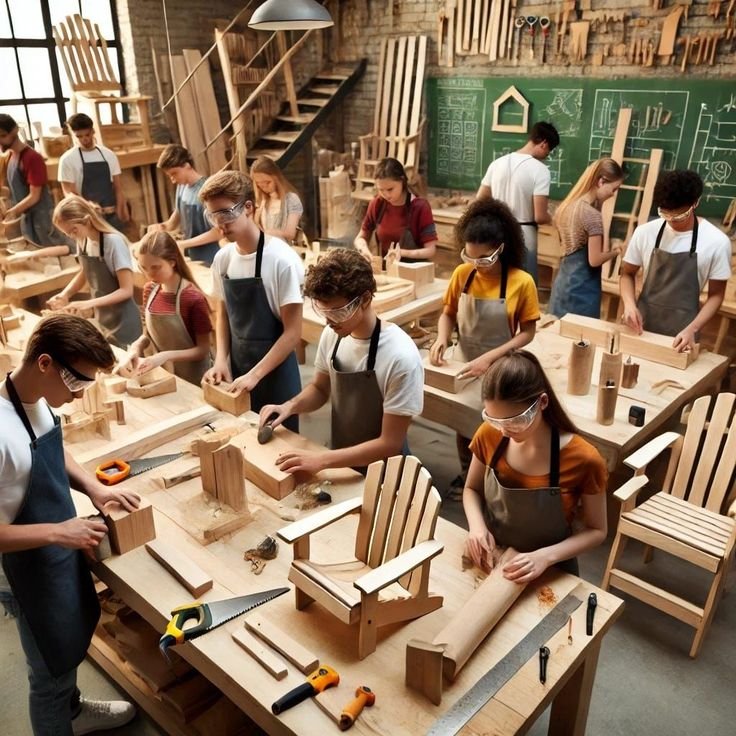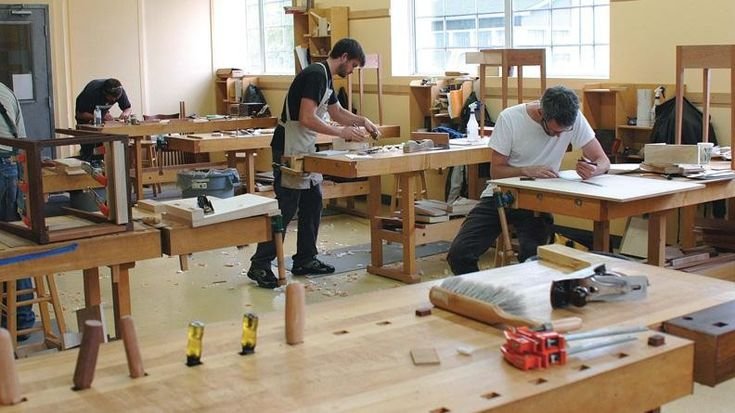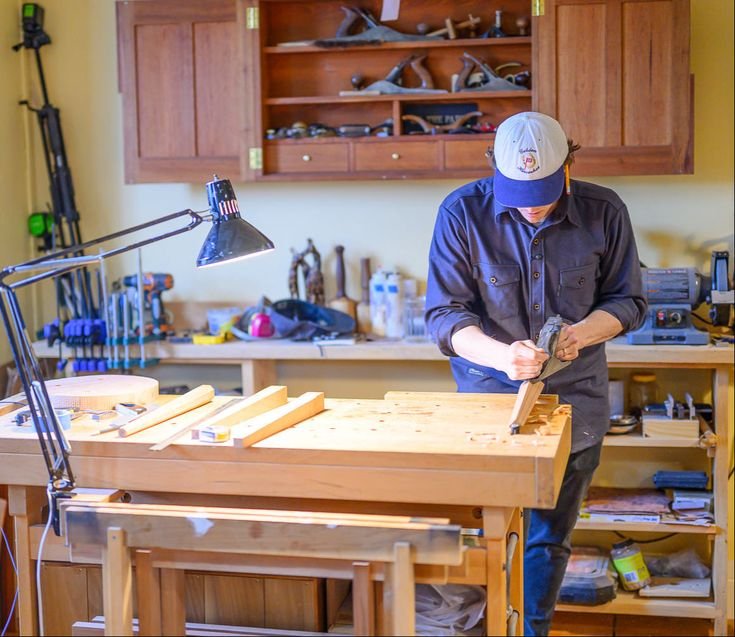So, there I was, sitting in my garage, coffee in one hand and a piece of rough oak in the other, wondering how the heck I was going to turn this splintery monstrosity into something worthy of my living room. You know, I thought it would be a simple enough project. Just some shelves. Nothing fancy. But, boy, did I underestimate the power of wood grain and those pesky little sanding scratches.
I had done a bit of research before diving in. Like most folks, I watched a few YouTube videos, read a couple of articles, and even consulted with my buddy Jim down at the hardware store. He’s the kind of guy who makes you feel good about spending thirty minutes talking about something as mundane as screws and wood glue. Anyway, I remember him saying, “Get yourself a good orbital sander, and you’ll be golden.” But you know how it is—you hear the word “good” and your brain starts spinning. Good can mean a lot of things, especially when you’re on a budget.
So, I went and snagged an entry-level orbital sander. I think it was a Black+Decker; I can’t remember the model. But it had that shiny orange color that gleamed like a new toy. I’ll admit, I was a little too excited when I plugged it in for the first time. You flick that switch, and it sounds like a tiny jet engine revving up—thrilling, right? I mean, it’s just a power tool, but in that moment, I felt like a legit woodworker.
Now, I had my oak, and I thought, “Let’s do this.” Turns out, I didn’t pay as much attention to the grit of the sandpaper as I should’ve. I slapped on some 60-grit stuff thinking I needed to start strong. It took off the rough edges like a champ, but it also left me with a surface that looked like it had survived an earthquake. All these gouges and scratches! I almost gave up when I examined the damage. I was standing there, coffee cold in my hand, staring at what was supposed to be a masterpiece, and all I saw was a mess.
But you know what? I sat back down, took a deep breath, and hit that reset button—literally. I switched out the sandpaper for a more forgiving 120-grit. The smell of freshly sanded wood filled the garage. You ever notice that? There’s something so unique about it, a mix of earthy wood and dust that makes you feel alive. Almost like a success was brewing as the sander hummed softly against the oak.
And then—oh man, it happened—the moment I had almost given up on. I was sanding away, and suddenly, the surface started transforming. The scratches faded under my sander. I was holding that thing in a way that felt like a dance, each pass smoothing out the imperfections more than I could have imagined. I laughed when it actually worked; it was like the piece had finally decided to cooperate.
Now, I don’t want to sound like I’m shilling for the orbital sander gods, but there’s something to be said for the right tool making all the difference. After that little debacle, I started paying more attention to the brand names and what folks in forums said about them. I mean, there’s always a ton of options out there—Dewalt, Bosch, Makita, you name it. Some folks swear by their Festool sanders, but good gravy, you’d better have some deep pockets for those! Honestly, I was more than happy with my Black+Decker. I also learned that a vacuum attachment was a game-changer.
But anywho, after a whole lot of sanding, I stood back and admired my work. It felt so satisfying. There’s something deeply rewarding about taking a piece of wood and turning it into a functional part of your home. Of course, it wasn’t perfect—if you looked closely, you might find a few errant scratches whispering tales of my amateur mistakes. But you know what? It added character. It made it my own.
I ended up using that oak for shelves in my living room, and every time I grab a book off one of them, I feel that little rush of pride. “I made this,” I think to myself. It’s one of those quiet victories that makes all the sawdust worth it.
So, if you’re thinking about diving into woodworking—go for it! Don’t get too hung up on the fear of making a mistake. The worst that can happen is that you end up with a few pieces of wood that didn’t quite go as planned. And trust me, those mistakes? They teach you. They push you to be better, to learn the nuances of your tools, and to celebrate the small victories. Just remember, sometimes it’s the quirky, imperfect projects that make the best stories. And isn’t that what life’s really about?
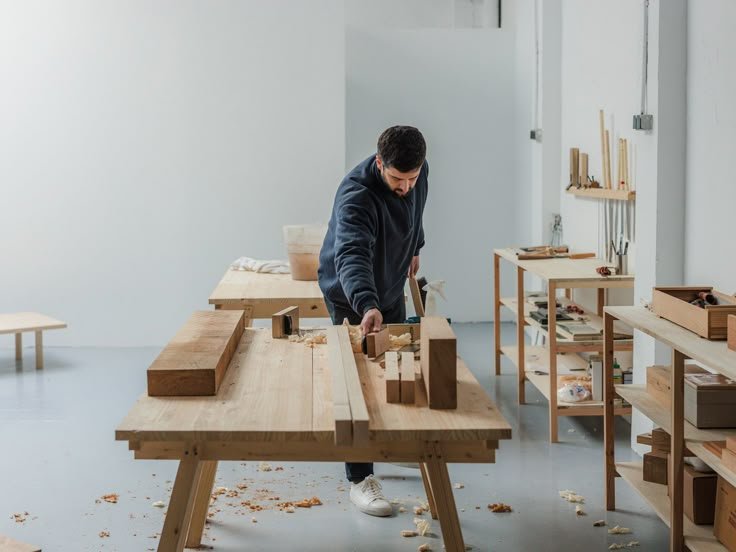
Top Picks for the Best Professional Orbital Sander for Woodworking
Posted Date:


